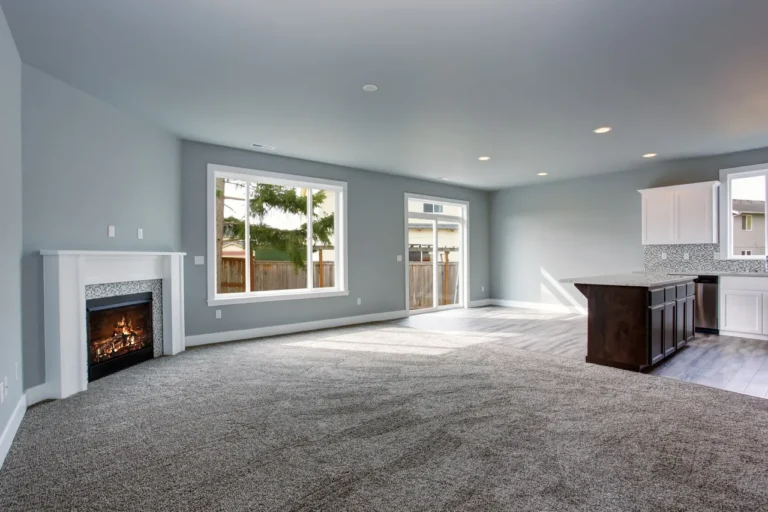Understanding the eviction process is crucial for landlords and San Diego tenants. For landlords, it ensures they follow legal procedures to regain possession of their property. It empowers tenants to understand their rights and explore available options. This guide provides a comprehensive overview of the eviction process in San Diego.
Legal Grounds for Eviction in San Diego
San Diego eviction laws recognize both at-fault and no-fault grounds for eviction. Common reasons for eviction include non-payment of rent, breach of lease agreement, nuisance behavior, and owner occupancy. It’s important to note that tenants who have resided in a unit for more than two years may require a 60-day notice and “just cause” for eviction, with some exceptions.
What to Do First
An eviction can cost up to $6870, so working with your tenant or landlord is always best. Landlords should always deliver a 3-day pay or quit if a tenant has not paid rent, but we suggest offering a payment plan. Tenants should always communicate their issues before the due date of the rent and set realistic goals for making payments towards their rent. Of course, if a plan is established and is not followed, a landlord may have no other option but to file for an unlawful detainer (legal term for an eviction).
Eviction Timelines
As of June 2024, a competent attorney takes less than 6 weeks to complete the eviction process.
Steps in the Eviction Process
The eviction process typically involves these steps:
- Serving a 3-day Notice: Landlords must serve tenants with a written notice depending on the reason for eviction. This could be a three-day notice to pay rent or quit, a 30-day notice to terminate tenancy (for month-to-month leases), or a 60-day notice with “just cause.”
- Filing an Unlawful Detainer Lawsuit: If the tenant doesn’t comply with the notice, the landlord can file an unlawful detainer lawsuit in San Diego Superior Court.
- Court Hearing and Judgment: The court will schedule a hearing where both parties can present their cases. The judge will then issue a judgment, which may award possession of the property to the landlord and potentially require the tenant to pay back rent and court fees.
- Enforcement of Judgment: If the tenant doesn’t vacate after the court order, the landlord can request the Sheriff’s Department to remove the tenant and their belongings.
An eviction can cost up to $6870 when you need an attorney.
Legal Notices and Their Requirements
Eviction notices must be in writing and follow specific legal requirements. Common types of notices include:
- Three-Day Notice to Pay Rent or Quit: Used for non-payment of rent.
- Thirty-Day Notice to Terminate Tenancy: Used for month-to-month leases without cause.
- Sixty-Day Notice with Just Cause: Used for tenants who have resided in the unit for more than two years, requiring a specific reason for eviction.
It’s crucial to serve the notices correctly, typically through a process server or certified mail with a return receipt requested.
Role of the Courts in the Eviction Process
San Diego Superior Courts handle eviction proceedings. Landlords file an unlawful detainer lawsuit, and the court schedules hearings where both parties can present their arguments. The judge’s decision determines the outcome of the eviction process.
Tenant Protections and Rights During Eviction
San Diego law offers certain protections to tenants facing eviction. Tenants have the right to receive proper legal notice, attend court hearings, and potentially dispute the eviction. Furthermore, some programs offer legal aid and mediation services to help resolve disputes before reaching court.
Costs Associated with Eviction
The eviction process can be expensive for both landlords and tenants. Landlords may incur court filing fees, attorney fees, and potential lost rent during the vacancy period. Tenants may face court costs, moving expenses, and difficulty finding new housing.
Eviction Prevention Programs in San Diego
Several programs in San Diego aim to prevent eviction and provide legal assistance to tenants. These programs may offer rental assistance, mediation services, or legal aid to help tenants understand their rights and explore options to avoid eviction.
Common Misconceptions About Eviction
There are many myths surrounding the eviction process. A common misconception is that landlords can simply change the locks or remove a tenant’s belongings without following legal procedures. Evictions must follow a specific legal process, and failing to do so could result in legal repercussions for the landlord. For legal help, we suggest Legal Aid Society of San Diego (lassd.org)
FAQs About the Eviction Process
Here are answers to some frequently asked questions about evictions:
- Q: How long does the eviction process take? A: The eviction process can take between 6 weeks and 3 months, depending upon circumstances.
- Q: What can I do if I face eviction? A: Tenants facing eviction should seek legal advice to understand their rights and explore available options. Legal aid programs and tenant advocacy groups can offer valuable assistance.
- Q: What are my responsibilities as a landlord during the eviction process? A: Landlords must follow legal procedures for serving notices and filing court actions. They should also ensure the property remains habitable for the tenant throughout the process.
Conclusion
Understanding the eviction process in San Diego empowers landlords and tenants to navigate lease termination situations. Following legal procedures, understanding rights and responsibilities, and seeking professional guidance when necessary can help ensure a smoother and more efficient process for all parties involved.
Ready to Maximize Your Property’s Potential?
Let us handle the day-to-day operations while you enjoy hassle-free ownership. From tenant relations to maintenance, we’ve got it covered. Contact Us Today to learn more about our property management services!





